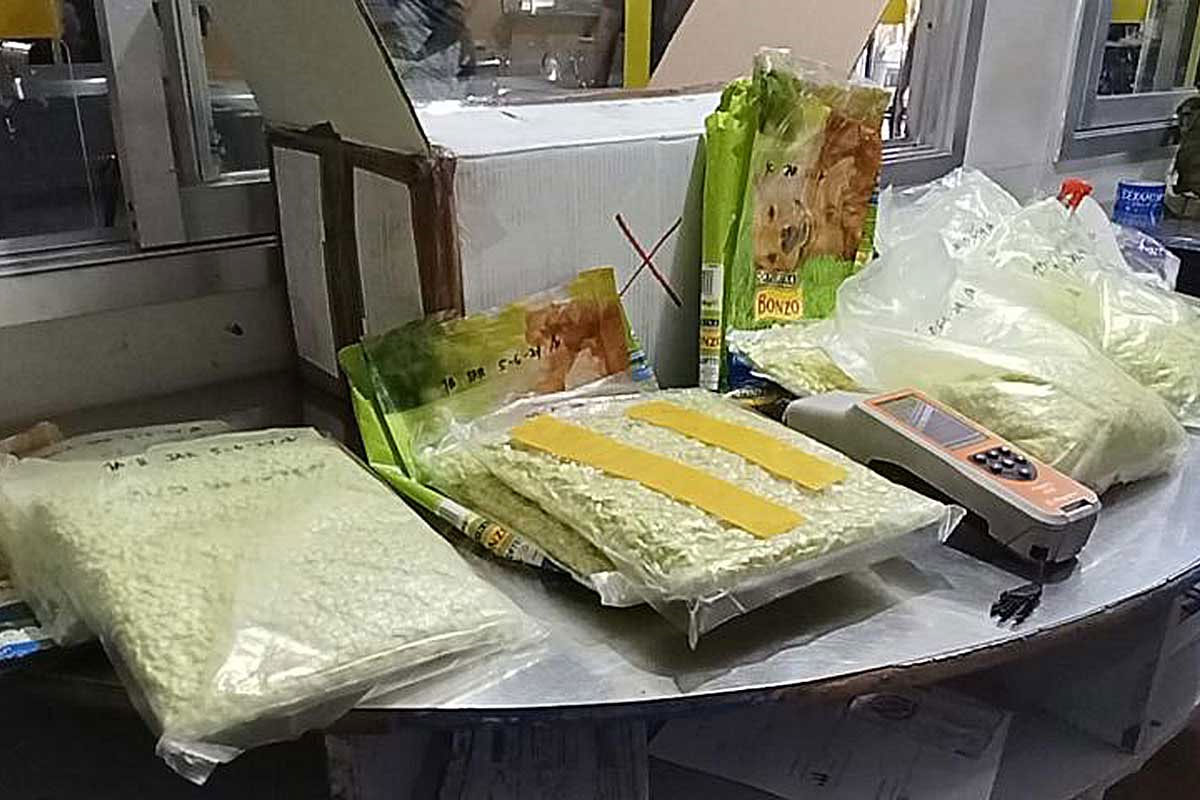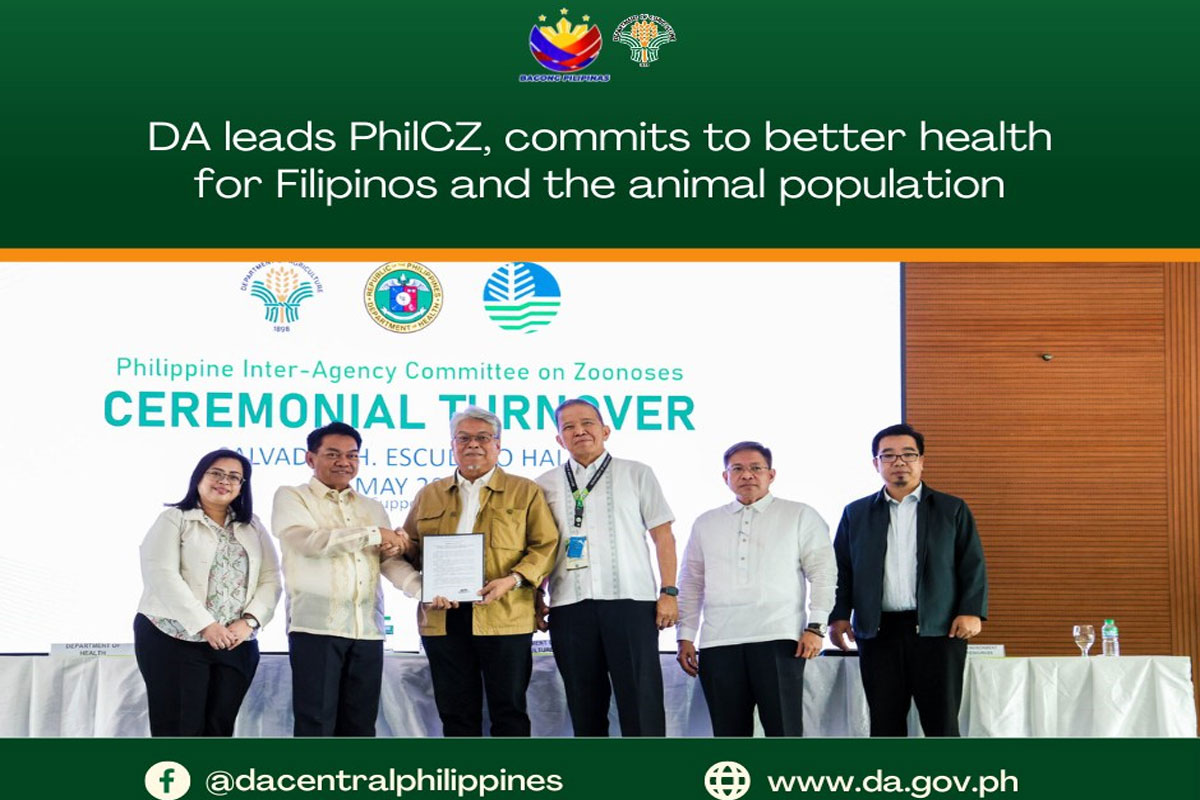
ORION program to support onion stakeholders
TO support the local industry and increase the production and income of onion stakeholders of the country, the Department of Agriculture (DA) will set up a program called “Optimization and Resiliency In the Onion Industry Network” (ORION).
This was the commitment made by the DA during the recently-held stakeholders’ meeting where the DA’s Bureau of Plant Industry (BPI), High-Value Crops Program, Agriculture and Marketing Assistance Service (AMAS), and other concerned units, sat down with growers, traders, importers, and other stakeholders of onions to thresh out issues that have ensued a “spike” in the price of the common food ingredient since late 2022.
The stakeholders’ meeting was conducted as a response to the directive of President Ferdinand “Bongbong” R. Marcos Jr., who is also the DA secretary.
During the meeting, the discussions focused on the challenge of the production of the commodity since it did not meet the 260,000 metric tons (MT) annual demand as it is only grown during the dry season and is suitable in selected provinces of Luzon and Visayas.
It was also revealed during the meeting the factors that affect the price and supply of the commodity, which include the increase in the price of production inputs, including fertilizers and seed; low level of mechanization and high labor cost; expensive marketing and distribution scheme; limited access to credit facilities; and inconsistencies in information.
Thirty-five percent loss is also noted after harvest due to a lack of facilities such as cold storage and improper handling. In 2022 alone, the DA recorded a 100,000 MT loss.
Under the ORION program, it will promote a competitive, resilient, and profitable onion industry providing high quality, safe, affordable, and sustainable supply of onion to meet increasing domestic demand.
During its implementation, it will improve the productivity and efficiency of onion plantations through Philippine Good Agricultural Practice (PhilGAP) certification, reduce pre- and post-harvest losses, improve product distribution and logistics, and ensure sustainable supply in the local market.
Among the strategies and programs that will be carried out is providing easy access to credit loans, which may be used for the purchase of equipment and establishment of facilities.
Farmer clusters and associations will also be organized for production and market integration.
Also, under the program, innovative farming technologies will be pushed, and value-adding processes to maximize production and income.
The DA will also lead regulatory activities and push for creating a national information database that ensures updated and relevant data on production and marketing.
The department will continue to carry out an intensified distribution scheme for production and marketing support to allow the sector to grow and profit.
During the stakeholders’ meeting, it was recommended that the Local Price Coordinating Council under the Department of the Interior and Local Government (DILG) be tapped for more efficient price monitoring.
In 2022, a total of 283,172 MT of red and yellow onions and shallots were harvested from the 29,728 hectares production area. However, the monthly requirement was posted at 21,679 MT.
The Marcos administration has pledged to ensure food security for the country, with the President taking on the helm of the DA to solve decades-old problems besetting local food production.























